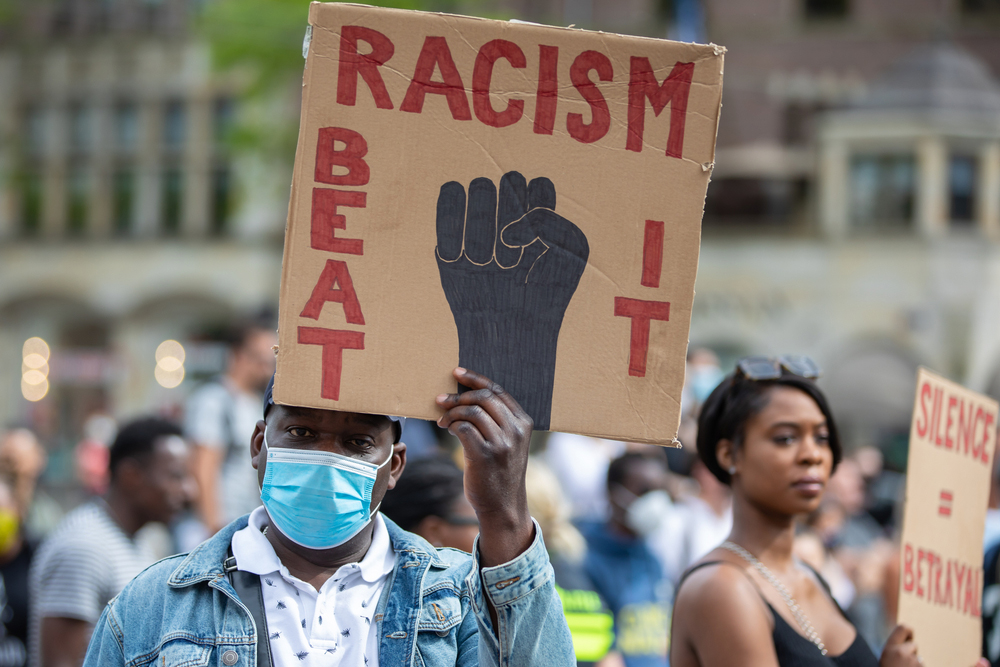After a black reporter for the Pittsburgh Post-Gazette posted a tweet critical of racial bias in the news media, the employer barred her from covering local protests following the George Floyd killing in Minnesota.

Alexis Johnson, in turn, recently filed race bias claims against the city’s largest newspaper in the U.S. District Court for the Western District of Pennsylvania alleging she was being discriminated against for speaking out against racial injustice on her private social media platform.
The case has generated much publicity. While the legal grounds for the reporter’s claims are questionable, the message to employers is clear: You must evaluate the soundness of your policies, past and present workplace practices, and complaint and investigation procedures.
Facts
The Post-Gazette often assigned Johnson to report on social issues for publication on its social media platforms. After Floyd’s killing by police officers in Minneapolis in May, demonstrations opposing racial injustice and police tactics sprung up in Pittsburgh. During the mostly peaceful demonstrations, some property damage occurred, and several protesters were arrested.
Johnson told supervisors she wished to develop stories about the jailed protesters and the grassroots campaigns springing up to support them and assist owners of the damaged property. After making the request, however, she posted a note on her private Twitter account criticizing the media’s alleged racial bias by drawing attention to the disparate manner in which they cover the desecration of public spaces for white cultural events.
Shortly after the tweet went out, the Post-Gazette told Johnson the message showed she couldn’t impartially report on stories related to the Pittsburgh protests. Consequently, the employer took the following actions:
- Johnson was prohibited from covering the protests;
- A black photographer who tweeted in her support was barred from photographing the demonstrations.
- Another 80 journalists employed by the Post-Gazette also publicly sided with Johnson and were banned from reporting on racial justice issues.
Race Claims Filed Under Section 1981
In her two-count complaint filed in the federal district court, Johnson alleged the Post-Gazette violated the Civil Rights of 1866 when it precluded her from reporting on racial injustice issues by (1) retaliating against her and (2) discriminating against her on the basis of race in the making and enforcement of contracts.
More specifically, the employer allegedly retaliated against her by taking a materially adverse employment action when it stopped her from reporting on racial injustice after she publicly complained about race-based discrimination in society at large. She further alleged that in the past, white journalists who commented publicly on certain social issues weren’t subsequently barred from reporting on the same matters.
Johnson filed both claims under 42 U.S.C. § 1981, which prohibits intentional discrimination in the making or enforcement of contracts. For that reason, the legal soundness of her claims is questionable because she doesn’t allege she and the Post-Gazette were actual (or potential) parties to any contract. Nonetheless, the complaint has garnered national media attention. Johnson v. P G Publishing Company t/d/b/a Pittsburgh Post-Gazette, No. 2:05-mc-02025 (W.D. Pa., June 16, 2020).
Takeaways
Despite the specious legal footing of Johnson’s claims, the case illustrates the power of contemporary social movements to affect the workplace and employers. Much like the #MeToo movement, which continues to challenge the gender status quo, Floyd’s killing portends a similar shakeup in the arena of race-based discrimination.
The #MeToo movement arose in late 2017 and drew national attention to sex-based inequities in the workplace and society at large. Employers promptly felt the impact:
- In the next fiscal year, the number of sexual harassment claims increased by 50%, and recoveries by the Equal Employment Opportunity Commission (EEOC) for sex-based discrimination claims went up by more than 47%.
- The public developed an acute awareness of gender inequity in the workplace, which has translated into heightened sympathy for alleged victims, more critical and punitive judgment of employer conduct, and a reevaluation of the traditional application of the law in gender-based discrimination claims.
Those factors, in turn, have affected plaintiffs’ lawyers evaluations of the efficacy of sex-based discrimination claims as well as the media’s coverage of alleged employer misconduct.
George Floyd’s recent killing precipitated a massive social movement focused on racial inequity and rivaling the #MeToo movement’s power and reach. Demonstrations have occurred in every sizable U.S. community, and campaigns centered on issues of racial justice continue to flood traditional and social media outlets.
In the coming months, you should expect (1) a general rise in litigation involving race-based discrimination claims, (2) fact finders and decision makers who are more victim-friendly and less sympathetic to employer conduct, (3) higher stakes when it comes time to settle or go to trial, and (4) less certainty in the application of the law.
Now is a good time to revisit the soundness of your policies and practices related to hiring, promotion, and compensation. Also, establish clear processes by which employees may raise concerns about racial inequities and you will investigate the complaints.
Lauren F. Schoeberl is an attorney with Saul Ewing Arnstein & Lehr LLP. You can reach her at lauren.schoeberl@saul.com.
